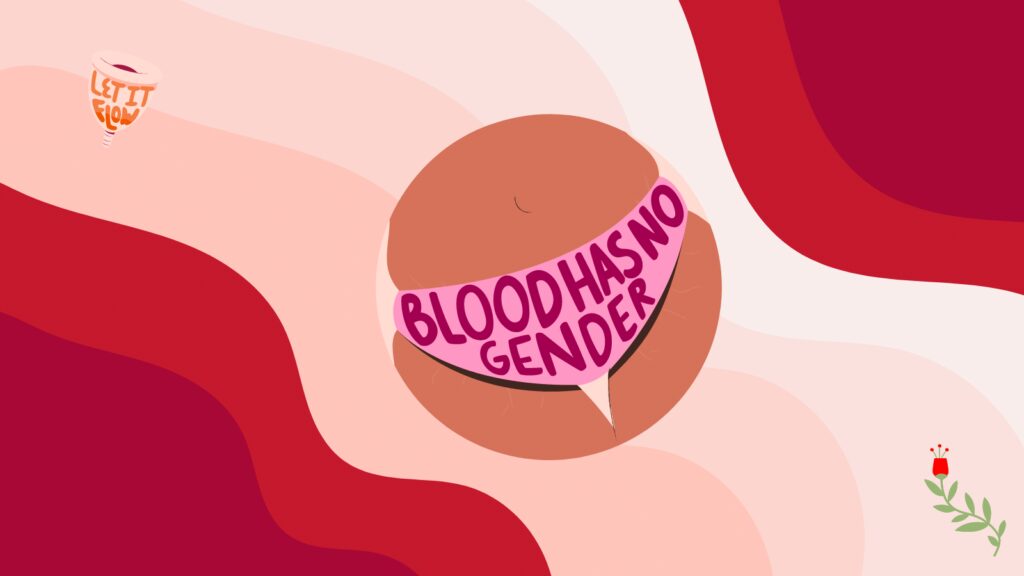So many challenges attached to menstruation. From high taxed menstrual products to stigma and period poverty.
It’s the start of Menstrual Health Week; leading to Menstrual Hygiene Day on May 28th. Menstrual Hygiene Day provides a global platform for individuals and organizations to come together to raise awareness about the many challenges women and girls face regarding menstruation, and learn how to properly address these challenges.
The goal of Menstrual Health Week is to break the taboos and end the stigma surrounding menstruation. To build a world where no one’s held back because they menstruate.
RELEVANT SUSTAINABLE GOALS
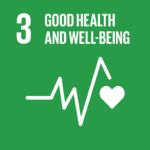
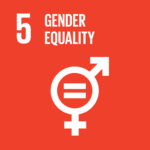
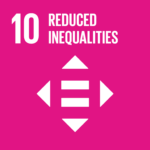
THE NEED TO EDUCATE BOYS, MEN…BASICALLY EVERYONE
There are myriad long-standing social barriers relating to gender equality with poor sexual education now at the front line. all young people, regardless of gender identity, should receive comprehensive menstruation education. Teaching everyone about menstruation, particularly boys and young men, would normalise menstruation, open up important conversations and increase maturity, empathy, kindness and gender equality overall.
SPORTS AND PERIOD : ONE IN TWO GIRLS SKIP OUT ON SPORTS WHEN THEY MENSTRUATE
A new global survey from PUMA and Modibodi has revealed that one-in-two teen girls are skipping out on sports because of their period. According to the study, teenagers with uteruses are opting out of sporting activities “because of embarrassment, pain or fear of leaks during their period,” a statement on the study shared. Insights from the survey indicate that periods and the culture surrounding them are holding back girls from participating in sport.
THE PINK TAX CONTINUES
Unfair and burdensome markups on women’s goods and services are rife. However, without a doubt the pink tax still affects women today. If you’re not already passionate about women’s issues, you probably know someone who is – and they’ll probably tell you about the pink tax. It may sound like a feminist myth, but the US Government Accountability Office found that in some cases, the problem is real.
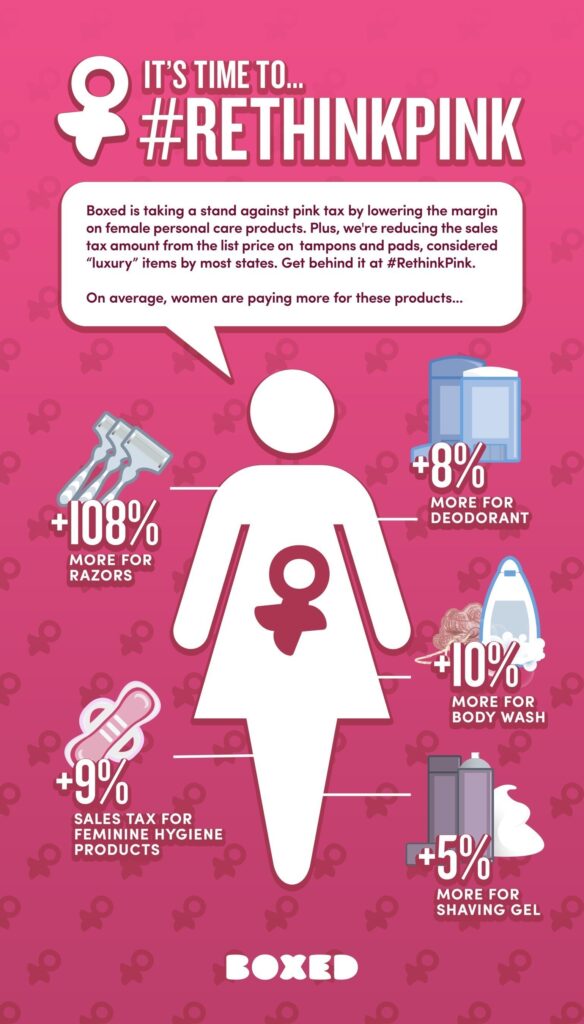
Menstrual products are still classed as luxury items around the world. The average person who menstruates spends about $1,773 on period products in their lifetime. Some of that menstrual product spending could be avoided if governments recognized sanitary pads and tampons as essential things instead of treating them like luxury items. By taxing menstrual products as non-essentials, the tampon tax burdens people who menstruate and discriminates against them by making items crucial to everyday life unaffordable for some.
PERIOD POVERTY IMPACTS PHYSICAL AND MENTAL HEALTH
Misinformation and lack of resources to manage menstruation keep millions of girls out of school every month while they’re on their period. In India, only 1 of 2 girls has knowledge about menstruation before her first period. In Uganda, 1 out of 2 girls will miss as many as three days of school each month due to menstruation-related challenges. 65 percent of women and girls in Kenya can’t afford sanitary pads.
Period poverty goes beyond financial concerns and has a huge impact on physical and mental health. Lack of menstrual hygiene can lead to serious health risks such as Toxic Shock Syndrome, a life-threatening illness. In Bangladesh, India and many other countries, infections and cervical cancer are also results of poor hygiene.
According to a study conducted by U by Kotex and Alliance for Period Supplies, one in four people struggled to purchase period supplies within the last year due to a lack of income. One in five low-income women reported missing work, school or similar events due to lack of access to period supplies and these instances were linked to reported feelings of embarrassment, disappointment and depression. Period poverty has a direct link with self-perception and mental health.
CLOTHE PADS AND MENTRUAL CUPS ARE THE SUSTAINABLE OPTIONS
With all the problems mentioned above, the progress on widening and providing accessible menstrual products for all menstruators has increased in the last few years. However, despite talking about the issue of period poverty more openly, we hardly talk about sustainable solutions. Charities and non-governmental organizations have provided free disposable sanitary products to women and girls who need them. This is a temporary measure, but the disposability of the products means that dealing with periods remains a persistent financial struggle for some people.
Reusables generally last about five years, but menstrual cups, can last a decade, making them not only more environmentally friendly but more cost-effective for women, girls and people who menstruate.


